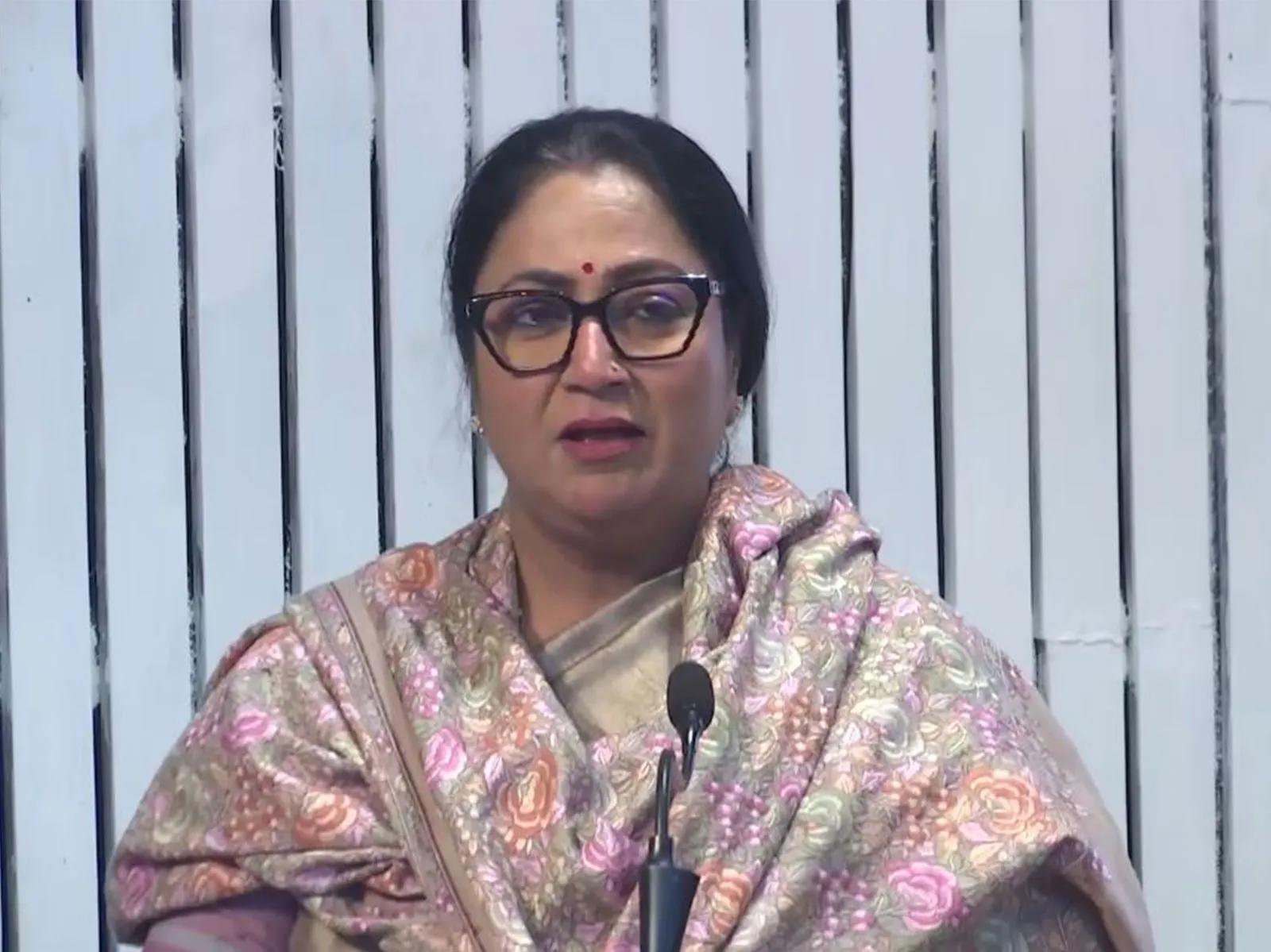

Tehran, February 28: Iran says it has launched a targeted missile strike against a United States military base in Bahrain.
According to the Iranian embassy in India said on Saturday., "A U.S. military base in Bahrain was targeted by Iranian missile strikes.," The embassy also posted a video of the aftermath of the strike, with plumes of smoke visible.
The Islamic Revolutionary Guard Corps of Iran earlier condemned the "Brutal Aggression of the Zionist Regime" against itself, claiming that their attacks are a "response to the aggression by the enemy of Iran".
"In the Name of God, the Breaker of Tyrants. In response to the aggression of the hostile and criminal enemy against the Islamic Republic of Iran, the first wave of extensive missile and drone strikes by the Islamic Republic of Iran toward the occupied territories has commenced," the Iranian embassy in India said.
Earlier, the United Arab Emirates (UAE) also intercepted missiles launched by the Iranian military, according to Khaleej times.
In a dramatic escalation of regional tensions, Israel and the United States have initiated a joint operation aimed at neutralizing what they describe as the existential threat posed by Iran.
The repeated strike follows weeks of high-stakes nuclear negotiations and mounting military posturing in the region. While the full scope and impact of the strike are still being assessed, the launch signals a significant retaliatory move in the broader confrontation between the two countries.
Meanwhile, Israeli PM Benjamin Netanyahu thanked US President Trump for the American support and dubbed Trump's leadership "historic."
"My brothers and sisters, citizens of Israel, just an hour ago, Israel and the United States embarked on an operation to remove the existential threat posed by the terrorist regime in Iran," the statement declared.
Netanyahu then made an impassioned appeal to the Iranian people to rise up against the Islamist regime. "The time has come for all segments of the people in Iran - the Persians, the Kurds, the Azeris, the Balochis, and the Ahwazis - to rid themselves of the yoke of tyranny and bring about a free and peace-seeking Iran," he said.
In response to the developments, in a televised address on Truth Social, Trump confirmed the launch of a military operation in Iran, targeting the country's nuclear and military infrastructure.
The IDF had also earlier announced the strike, dubbed OPERATION ROARING LION saying the aim was to remove the threat to Israel.
US President Donald Trump has also warned Iranian forces to lay down their arms and surrender, offering immunity, or face "certain death" after the Middle East plunged into a state of full-scale conflict as the combined military operation by Israel and the United States struck multiple targets across Iran. (ANI)